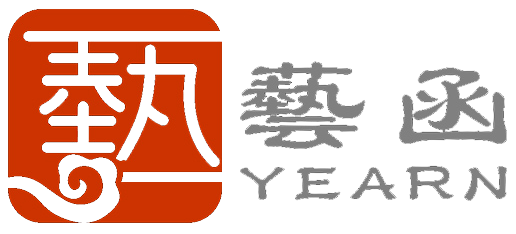Analyze the difference between pharmaceutical intermediates and apis
The difference between pharmaceutical intermediates and apis
Pharmaceutical intermediates and apis both belong to the category of fine chemicals. Intermediates are materials produced in the process steps of apis that must undergo further molecular changes or refining to become apis. Intermediates can be separated or not separated. (Note: This guide covers only intermediates that the company defines as being manufactured after the start point of manufacturing for the API.)
Active pharmaceutical ingredient (API) : Any substance or mixture of substances intended to be used in the manufacture of a pharmaceutical product and, when used in a pharmaceutical product, becomes an active ingredient of the pharmaceutical product. Such substances have pharmacological activity or other direct effects in the diagnosis, treatment, symptom relief, management or prevention of disease, or can affect the function and structure of the body. An active drug is an active product that has completed the synthetic path, and an intermediate is a product that is somewhere along the synthetic path. The API can be prepared directly, and the intermediate can only be used to synthesize the next product, and only through the intermediate can the API be manufactured.
As can be seen from the definition, the intermediate is a key product of the previous process of manufacturing the API and has a different structure from the API. In addition, the pharmacopoeia has the detection method of the bulk drug, but there is no intermediate. Speaking of certification, currently the FDA requires intermediates to be registered, COS is not, but the CTD document must have a detailed process description of the intermediates. In China, there is no mandatory GMP requirement for intermediates.
Pharmaceutical intermediates do not require production licenses like apis, and the barriers to entry are relatively low and competition is fierce. Therefore, quality, scale and management level are often fundamental to the survival and development of enterprises, and the increased pressure on environmental protection has also made many small enterprises gradually withdraw from the competition stage, and the industry concentration is expected to rapidly improve. It is generally believed that the following three directions will be the key for relevant enterprises to improve profitability, increase added value, and continue to grow:
(1) Product diversification and high-end, from the production of extensive low-end intermediates to fine high-end intermediates;
(2) Take the road of professional outsourcing services, continue to extend the outsourcing service industry chain, and undertake R&D outsourcing services;
(3) Focus on pharmaceuticals and attack the raw materials and preparations downstream of intermediates.
Pharmaceutical intermediates industry customized production process
Intermediates refers to the intermediate products in the synthesis process of compounds, pharmaceutical intermediates are some chemical raw materials or chemical products used in the synthesis process of apis, do not need the production license of apis, can be produced in ordinary chemical plants, as long as some levels are reached, can be used for the synthesis of apis. The pharmaceutical intermediates industry can provide customized intermediates synthesis services according to customer needs.
Customized products are divided into 3 levels according to the degree of close cooperation with customers:
(1) Participate in the stage of customer research and development of new drugs, which requires the company’s R & D center to have strong innovation ability;
(2) To scale up the customer’s pilot products to meet the process route of large-scale production, which requires the company’s ability to scale up the products and the ability to continuously improve the process of customized product technology in the later stage, so as to meet the needs of large-scale production of products, continuously reduce production costs, and improve the competitiveness of products;
(3) Process digestion and improvement of customers’ products at the major production stage, so as to meet the quality standards of foreign companies.
Customized synthesis services can design synthetic routes for our customers’ target molecules and complete the synthesis and delivery of compounds, including control compounds, metabolites, reagents, intermediates, molecular fragments and impurities, on time and in quantity.

